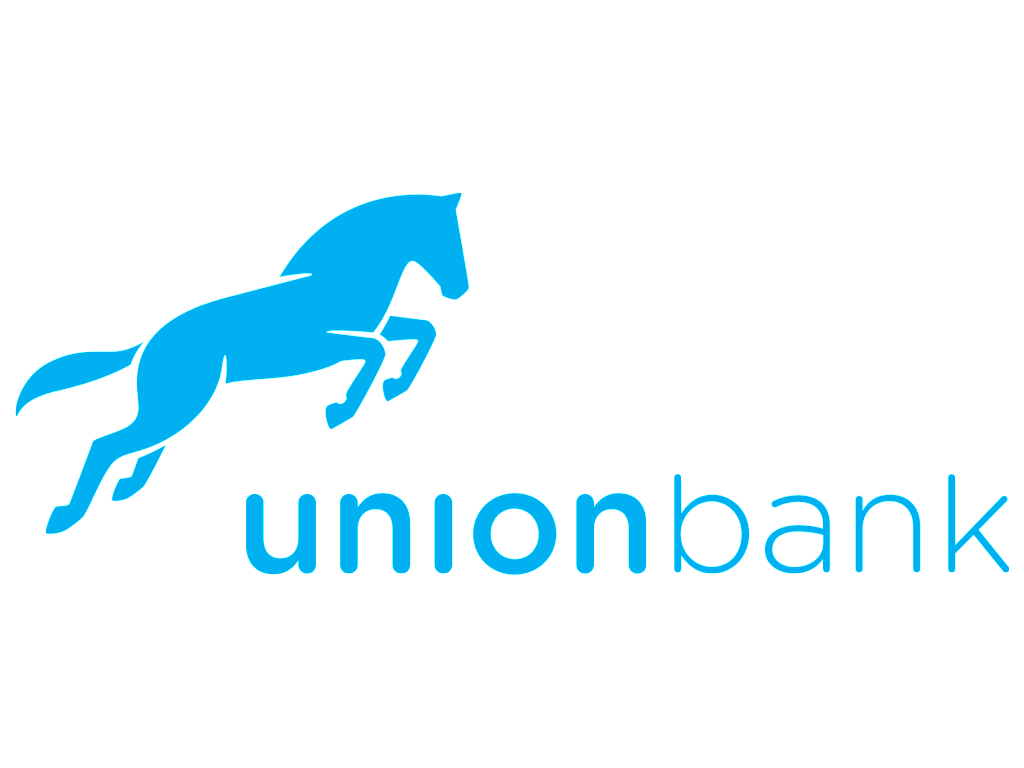Managing finances as a couple or with a roommate can be challenging, but a joint bank account can help streamline the process. If you’re considering opening a joint account, Union Bank offers a variety of options to suit your needs. In this comprehensive guide, we’ll walk you through the benefits of joint accounts, the types of accounts available at Union Bank, and a step-by-step process for opening your own joint account.
What is a Joint Account?
A joint account is a single bank account shared by two or more people. All account holders have equal access to the funds and can make deposits, withdrawals, and transactions. Joint accounts are a popular choice for couples, roommates, or anyone who needs to manage shared expenses.
Why Choose Union Bank for Your Joint Account?
Union Bank is a trusted financial institution with a range of joint account options to fit your unique needs. Here are some reasons to consider Union Bank for your joint account:
- Accessibility: With branches and ATMs across the country, Union Bank makes it easy to access your money whenever and wherever you need it.
- Digital Banking: Union Bank’s online and mobile banking platforms allow you to manage your joint account seamlessly from your computer or smartphone.
- Account Variety: Choose from a range of joint account options, including checking, savings, and money market accounts.
- Competitive Rates: Enjoy competitive interest rates on your joint savings or money market account, helping your money grow over time.
Advantages of Opening a Joint Account at Union Bank
Opening a joint account at Union Bank comes with several benefits:
- Simplified Expense Management: Easily pay shared bills, such as rent, utilities, or subscriptions, from a single account.
- Increased Transparency: Both account holders have access to the account, promoting transparency and accountability in shared finances.
- Collaborative Budgeting: Work together to create a budget and track spending habits within your joint account.
- Emergency Preparedness: In case of unexpected expenses or emergencies, either account holder can access the funds.
- Credit Building: Responsibly managing a joint account can help both parties build and maintain a positive credit history.
Eligibility for a Union Bank Joint Account
To open a joint account at Union Bank, you and your co-applicant(s) must meet the following requirements:
- Be at least 18 years old
- Have a valid government-issued ID
- Reside in the United States
- Have a valid Social Security number or Taxpayer Identification Number (TIN)
Types of Joint Accounts Available at Union Bank
Union Bank offers several types of joint accounts to meet your financial needs:
- Joint Checking Account: A joint checking account is ideal for everyday transactions, such as making purchases, paying bills, and withdrawing cash. Both account holders can write checks, use a debit card, and make deposits.
- Joint Savings Account: A joint savings account is perfect for saving money together for shared goals, such as a down payment on a home or a vacation. This account typically earns interest on your balance.
- Joint Money Market account: A joint money market account combines the features of a checking and savings account, offering higher interest rates than a traditional savings account but with some transaction limitations.

Opening a Joint Account at Union Bank
Opening a joint account at Union Bank is a straightforward process. Follow these steps to get started:
- Determine Your Account Type: Discuss with your co-applicant(s) which type of joint account best suits your needs.
- Gather Required Documents: Each applicant will need to provide a valid government-issued ID, Social Security number or TIN, and proof of address.
- Visit a Union Bank Branch: Schedule an appointment or walk into a Union Bank branch to meet with a banker.
- Complete the Joint Account Application: Fill out the application form accurately, providing information for all account holders.
- Fund Your Account: Make an initial deposit to activate your account. You can deposit cash, write a check, or transfer funds from another account.
- Review and Sign: Carefully review the account terms and conditions, then sign the application.
Once your application is approved, Union Bank will notify you when your joint account is active and ready to use.
Setting Up Your Joint Account for Success
After your joint account is open, consider these tips to ensure a smooth experience:
- Request Debit Cards: Order debit cards for each account holder to allow for easy access to funds.
- Set Up Online Banking: Enroll in Union Bank’s online and mobile banking services for convenient account management.
- Choose an Ownership Structure: Decide between “Joint Tenants with Rights of Survivorship” (JTWROS) or “Tenants in Common” (TIC) ownership. JTWROS means the account balance passes to the surviving owner(s) upon one holder’s death, while TIC allows each owner to designate beneficiaries for their portion of the funds.
- Communicate Openly: Discuss spending habits, financial goals, and expectations with your joint account holder(s) to maintain transparency and avoid conflicts.
Joint Accounts vs. Authorized Signers
While joint accounts are a popular choice for managing shared finances, an authorized signer arrangement may be more suitable in some situations. Here’s a quick comparison:
- Joint Account: All account holders have equal ownership and access to the funds. Everyone is responsible for maintaining the account and can incur debt.
- Authorized Signer: The primary account holder grants another person permission to make transactions on the account, but the signer does not have ownership rights.
Consider your specific needs and relationship dynamics when deciding between a joint account and an authorized signer arrangement.
Frequently Asked Questions About Union Bank Joint Accounts
How many people can be on a Union Bank joint account?
Union Bank allows up to four individuals on a joint account.
Who is responsible for overdrafts on a joint account?
All account holders are equally responsible for any overdrafts or negative balances on the account.
Can I remove someone from a joint account?
To remove an account holder, you’ll need to close the current account and open a new one with the desired account holders.
How can I keep track of transactions on my joint account?
Use Union Bank’s online and mobile banking platforms to monitor account activity, view transaction history, and set up alerts.
What happens to a joint account if one account holder passes away?
The outcome depends on the ownership structure. With JTWROS, the surviving account holder(s) inherit the funds. With TIC, the deceased’s portion goes to their designated beneficiaries.
Is a Union Bank Joint Account Right for You?
Opening a joint account at Union Bank can simplify shared expense management, promote financial transparency, and help you reach common goals. By understanding the benefits, requirements, and process for opening a joint account, you can make an informed decision about whether it’s the right choice for your situation.
If you’re ready to streamline your shared finances, visit a Union Bank branch or start the application process online today. With a variety of account options and convenient digital banking tools, Union Bank makes it easy to manage your money together.
















Add Comment